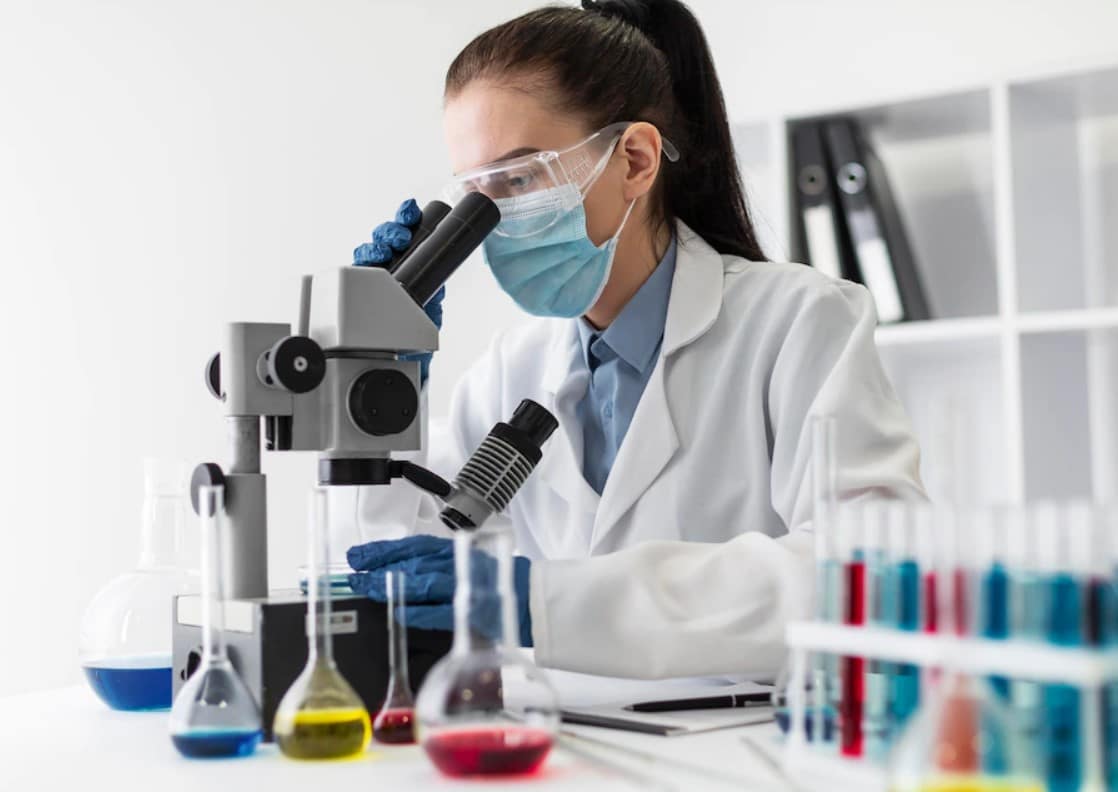Everything You Need to Know About Veterinary Testing Centers in the US for 2025
Everything You Need to Know About Veterinary Testing Centers in the US for 2025
Blog Article
Whether it’s routine blood work or advanced diagnostic panels, veterinary labs deliver the data veterinarians need to make informed decisions.
By the end, you’ll understand how veterinary diagnostics support better outcomes for pets and peace of mind for owners.
Let’s start by understanding exactly what a veterinary laboratory is and why it’s essential in modern animal healthcare.
What Is a Veterinary Laboratory?
These labs support veterinarians by providing critical diagnostic insights that can’t be seen during a physical exam alone.
Some focus on general diagnostic testing for common pets like dogs and cats, while others handle specialized species, such as exotic animals, horses, or livestock.
Regardless of size or setup, these labs play an essential role in helping veterinarians diagnose conditions early, tailor treatments, and monitor recovery effectively.

Common Tests Performed in Veterinary Labs
Urinalysis and fecal exams help detect infections, parasites, or metabolic issues.
For more specialized diagnostics, veterinary labs offer cytology (examining cells under a microscope), biopsies, hormone level testing (such as thyroid or cortisol), and infectious disease panels.
These tests are essential for early disease detection, accurate diagnosis, and treatment planning.
Finding the Best Local Veterinary Diagnostic Lab
Start by asking your veterinarian—they often have trusted partnerships with local or national labs and can guide you to the right provider.
Look for labs certified by organizations like the American Association of Veterinary Laboratory Diagnosticians (AAVLD), which ensures high-quality standards.
If you’re a pet owner seeking direct access to a lab for second opinions or advanced testing, contact the lab to understand their intake process—some require referrals, while others accept samples directly.

Standard vs. Emergency Veterinary Laboratories
Knowing when to use each type can make a significant difference in urgent cases.
These labs are often linked to emergency veterinary hospitals and specialize in handling critical cases at any time of day or night.
Discuss with your veterinarian which lab setup best suits your pet’s needs.
The Importance of Veterinary Lab Testing
Without accurate diagnostics, treatment plans may miss the mark, potentially delaying recovery or worsening outcomes.
In chronic cases, regular lab monitoring ensures medications remain effective and side effects are minimized.
Ultimately, investing in proper veterinary diagnostics is an investment in your pet’s well-being.
Conclusion: Choosing the Right Veterinary Lab for Your Pet
Whether you need routine bloodwork, specialized diagnostic panels, or emergency testing, the lab you choose plays a crucial role in guiding your veterinarian’s decisions.
By understanding the range of services veterinary labs offer, knowing when to seek 24-hour support, and learning how to find reputable labs near you, you empower yourself to make the best choices for your animal companion.
Stay informed, stay proactive, and don’t hesitate to ask your veterinarian how lab testing can enhance your pet’s care plan.
Your Veterinary Lab Questions Answered
What is a veterinary diagnostic lab?
A veterinary diagnostic lab analyzes samples from animals (like blood, urine, or tissue) to detect diseases, monitor health, and guide treatment plans.
How do I find a veterinary lab near me?
Ask your veterinarian for recommendations—they often work with trusted local labs or national diagnostic networks.
What emergencies require urgent lab testing?
Always consult your emergency vet to determine the best course of action.
What are common veterinary diagnostic services?
These tests help detect infections, organ issues, cancers, and metabolic diseases.
How much do veterinary lab tests cost?
Your veterinarian can provide estimates and help prioritize necessary diagnostics.
leia mais aqui Report this page